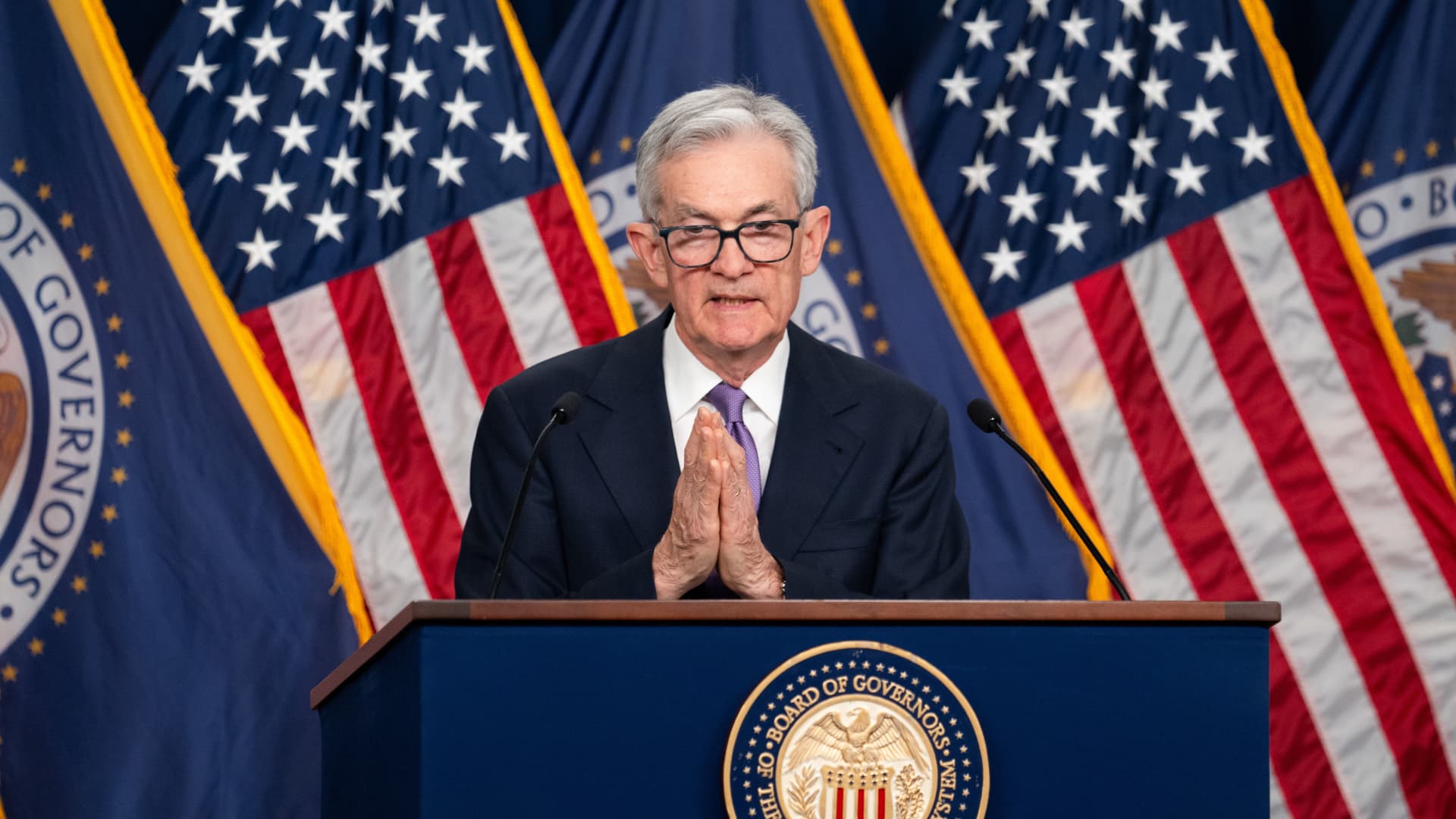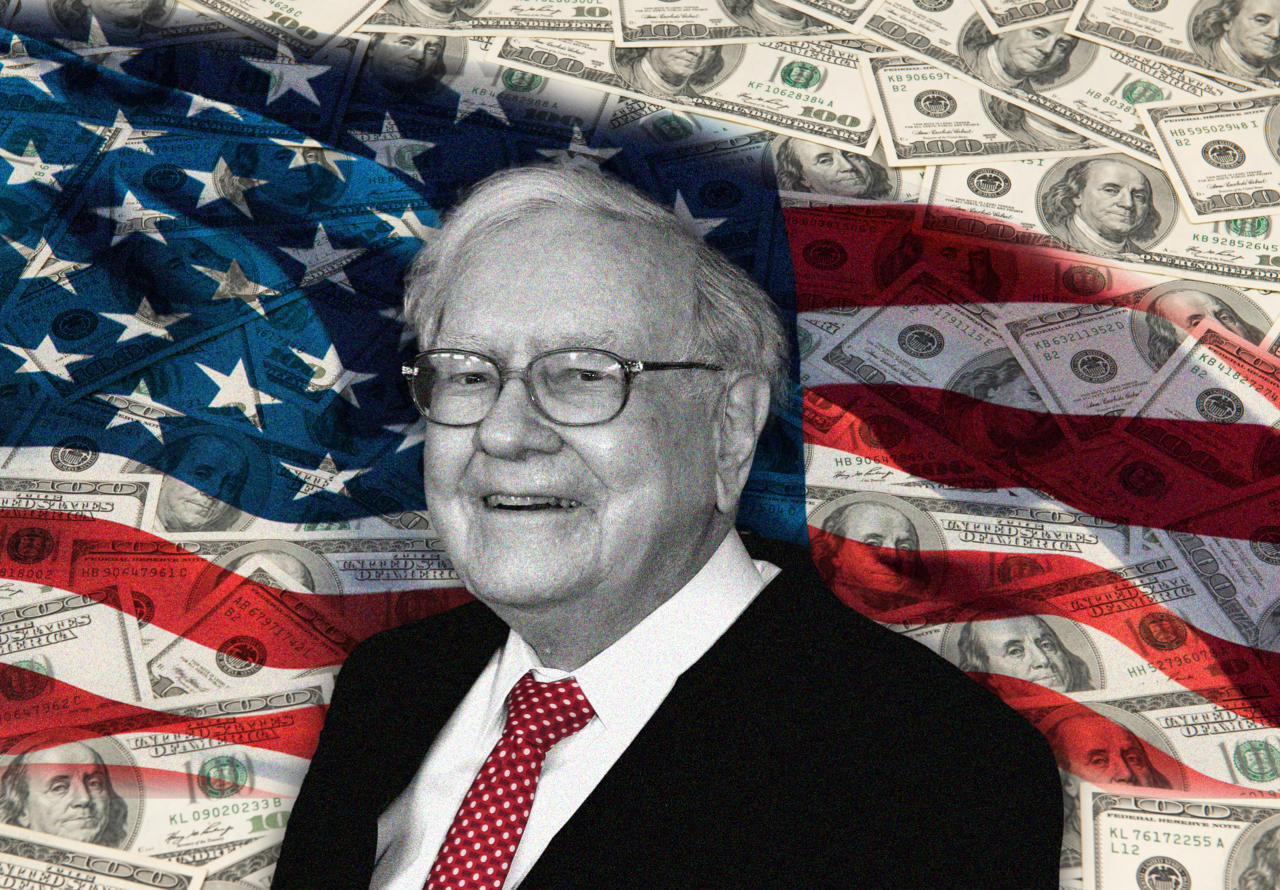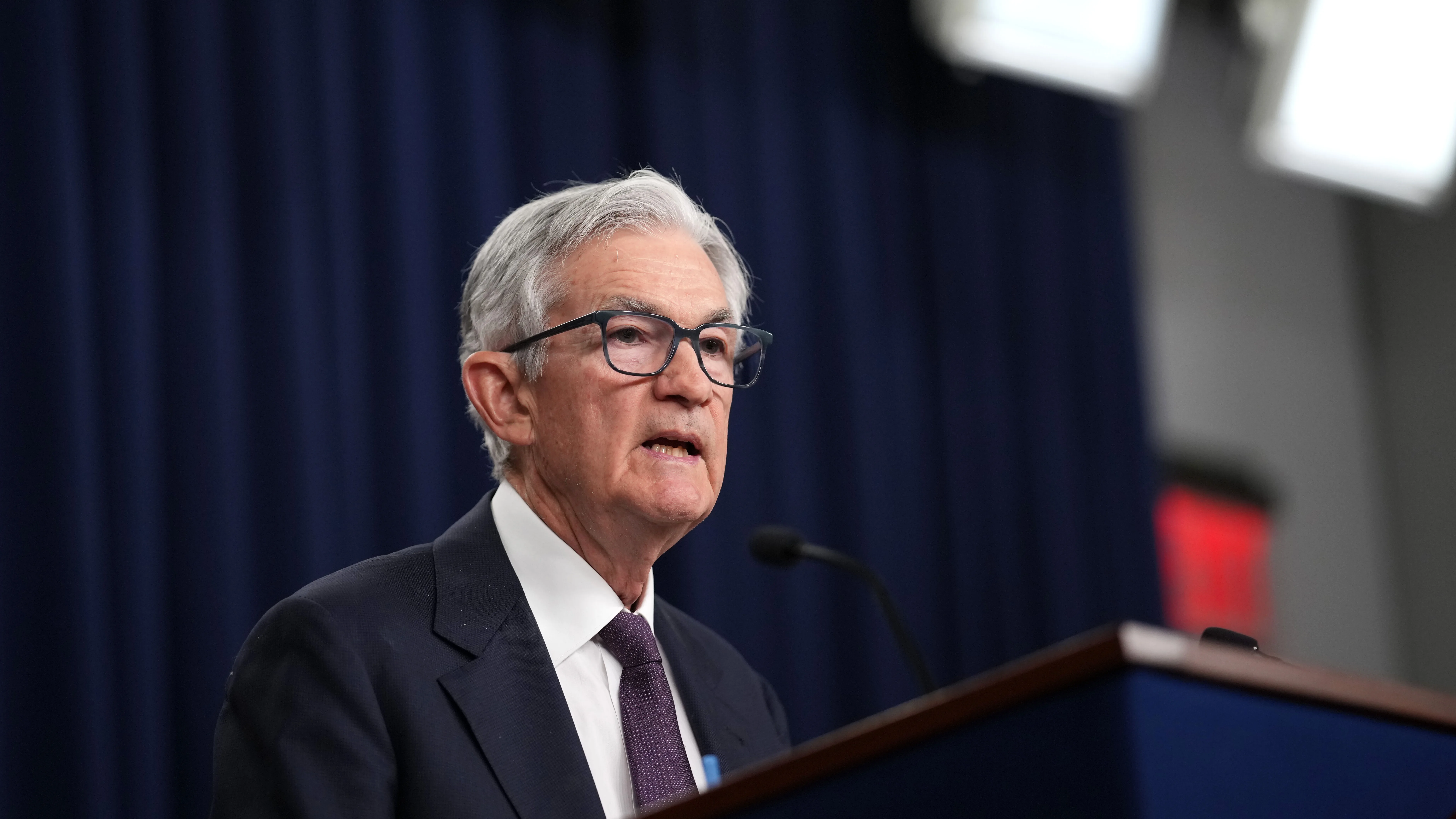7 must-read books to lead with power and responsibility
Discover 7 essential books that teach power, responsibility, and leadership, helping you become a more effective and ethical leader in all areas of life.


What separates a great leader from a dictator? It’s the conscious effort to wield power with integrity, wisdom, and foresight. Leadership is not just about commanding authority or holding a title—it’s about making conscious choices that shape communities, organisations, and even nations for the better. Power, when used rightly, has the potential to ignite change, inspire action, and propel society forward.
But how does one truly understand the dynamics of power and responsibility? How can you, as an individual—whether you’re a student, entrepreneur, manager, or community leader—gain insight into leadership that respects others while promoting personal and collective growth?
The following seven books offer invaluable lessons on how to lead with humility, how to embrace responsibility without losing your integrity, and how to create a legacy of positive change.
The best leadership books for power and integrity
1. The 48 Laws of Power by Robert Greene
It’s impossible to talk about power and leadership without mentioning Robert Greene’s classic, The 48 Laws of Power. This book has become a cornerstone for anyone looking to understand the dynamics of power in both personal and professional settings. Greene breaks down historical examples of leaders, both tyrants and visionaries, to uncover the strategies they used to rise to power—and the mistakes that led to their downfall.
Why It Matters: Greene’s insights are a practical guide for navigating the complexities of power. He teaches how to avoid common pitfalls, understand human nature, and use power strategically without becoming consumed by it.
2. Leaders Eat Last by Simon Sinek
Simon Sinek’s Leaders Eat Last explores the idea that true leadership is not about asserting control or making demands—it’s about protecting your team and creating an environment where trust, safety, and loyalty can thrive. Sinek uses real-world examples from businesses, governments, and organisations to explain how the most successful leaders put others before themselves. His central idea is that the best leaders are those who serve, not those who command.
Why It Matters: Sinek emphasises that leadership isn’t a “me first” approach; it’s about showing empathy, taking responsibility for the well-being of your team, and nurturing growth from the bottom up.
3. The Leadership Challenge by James Kouzes & Barry Posner
From modelling the way to encouraging the heart, The Leadership Challenge offers a comprehensive guide to building leadership that focuses on both personal integrity and the development of others. Kouzes and Posner’s research-backed strategies help readers understand how to lead with purpose and passion.
Why It Matters: It provides actionable practices for leading others and creating an inclusive and empowering environment, proving that leadership is both a skill and a mindset.
4. The Art of War by Sun Tzu
Though The Art of War was written centuries ago, its wisdom on strategy, conflict resolution, and leadership still resonates today. Sun Tzu’s principles teach that victory comes not from brute force but from careful planning, understanding your adversary, and leveraging resources wisely. This book provides a deeper understanding of how to navigate challenges, manage risks, and make decisions that preserve the well-being of your organisation or nation.
Why It Matters: Sun Tzu emphasises the importance of strategy, discipline, and humility in leadership—qualities that remain relevant in today’s fast-paced world.
5. The 5 Levels of Leadership by John C. Maxwell
In The 5 Levels of Leadership, Maxwell argues that leadership is a journey, not a destination. He introduces a framework for developing yourself and others into effective leaders at every level of an organisation. The book moves from positional leadership to pinnacle leadership, encouraging readers to lead with authenticity and help others achieve success, rather than simply focusing on their own.
Why It Matters: Maxwell emphasises that leadership is not about titles, but the ability to inspire and create success in those you lead, encouraging a culture of growth and collaboration.
6. Drive: The Surprising Truth About What Motivates Us by Daniel H. Pink
Pink’s Drive explores what truly motivates people beyond money and traditional rewards. He identifies three elements that drive motivation: autonomy, mastery, and purpose. Understanding these elements can completely change how leaders approach motivating and empowering their teams.
Why It Matters: This book teaches leaders how to engage and empower others by focusing on intrinsic motivation rather than extrinsic rewards—helping them take responsibility for their own success and happiness.
7. Dare to Lead by Brené Brown
Brené Brown’s Dare to Lead takes a radically different approach to leadership by focusing on vulnerability, courage, and connection. Brown shows that great leaders embrace their own imperfections and use them as tools for growth. Rather than hiding weaknesses or projecting an image of invulnerability, she teaches that the greatest leaders are those who can build strong, authentic relationships with their teams.
Why It Matters: Brown challenges the traditional view of leadership by arguing that true leadership involves embracing vulnerability and creating a culture of trust and open communication.
Final thoughts
Leadership isn’t about having power—it’s about using power wisely. These seven books offer timeless insights into how you can become a leader who inspires, builds trust, and embraces responsibility. Whether you're just starting your leadership journey or have years of experience, these books offer essential tools to help you grow both as a leader and as a person.
Incorporating the lessons from these works into your daily life will not only make you a more effective leader but also a more compassionate one—one who understands that leadership is about service, responsibility, and the well-being of others.

































































































































































































